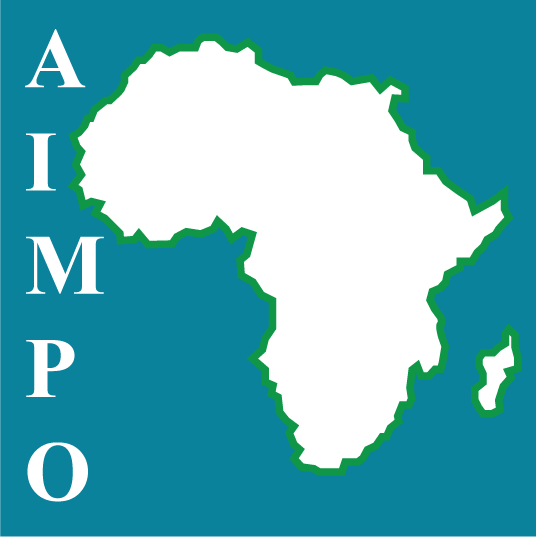OUR COMMUNITY
Our community is the smallest group of Historically Marginalized People (HMP) in Rwanda, previously known as Batwa. With an estimated population of 25,000 to 30,000 people, the HMP face unique challenges and uncertainties related to socioeconomic deprivation, high un(der)employment, social discrimination, and acute political marginalization.
The Batwa are believed to be the original inhabitants of the Great Lakes of Central Africa. The equatorial forests were their homelands, providing them with sustenance, medicine, and sacred sites.
Over the course of several decades, the HMP were gradually evicted from their traditional lands due to a combination of deforestation initiatives, conflicts leading to violence, and conservation in the name of (economic) development. The remaining forest dwelling Batwa of what are now Volcanoes National Park, Gishwati Forest, and Nyungwe National Park were expelled as recently as 1994 without consultation, compensation, or adequate remuneration. The HMP view themselves as a colonized people : first by agriculturalists, then by pastoralists in many areas, and finally by Europeans. In certain areas, HMP fiercely defended their ancestral forests against the encroachments of these invaders, but today nearly all have seen their forests disappear or their rights to live in them denied. Each colonizing group put increasing pressure on the original forest, turning most of it into farmland, pastures, commercial plantations and, more recently, protected areas for game parks and military exercises. Although the Europeans have left, (de)colonization remains a pressing issue for Batwa communities.
Another term that is used to describe Indigenous Batwa is Pygmy. This is an academic term designating the small-stature hunter-gatherer and former hunter-gatherer peoples of the equatorial forests and adjoining areas across Central Africa. The term is widely used by non-Pygmy people (often in a derogatory way), but rarely by Indigenous Batwa themselves. Most Batwa of the Great Lakes Region dislike the term because they only hear it in the context of verbal abuse from neighbours.
Today, the Historically Marginalized People survive by making traditional pots. It poorly reflects the activities of most HMP ‘potters’ today, but must be understood in the context of the Batwa’s history of adaptation as immigrant farmers and pastoralists steadily colonized their forest homelands. Through AIMPO’s programs, we help these communities to transform this traditional pottery into ceramic pottery. We are engaging them in agricultural activities through buying land and encompassing communities into cooperatives. Due to limited support, we have chosen to operate in five (5) districts of Rwanda, which are Gicumbi, Musanze, and Nyabihu Districts (Northern Province), as well as Bugesera and Nyagatare Districts (Eastern Province).
Over the course of several decades, the HMP were gradually evicted from their traditional lands due to a combination of deforestation initiatives, conflicts leading to violence, and conservation in the name of (economic) development. The remaining forest dwelling Batwa of what are now Volcanoes National Park, Gishwati Forest, and Nyungwe National Park were expelled as recently as 1994 without consultation, compensation, or adequate remuneration. The HMP view themselves as a colonized people : first by agriculturalists, then by pastoralists in many areas, and finally by Europeans. In certain areas, HMP fiercely defended their ancestral forests against the encroachments of these invaders, but today nearly all have seen their forests disappear or their rights to live in them denied. Each colonizing group put increasing pressure on the original forest, turning most of it into farmland, pastures, commercial plantations and, more recently, protected areas for game parks and military exercises. Although the Europeans have left, (de)colonization remains a pressing issue for Batwa communities.
Another term that is used to describe Indigenous Batwa is Pygmy. This is an academic term designating the small-stature hunter-gatherer and former hunter-gatherer peoples of the equatorial forests and adjoining areas across Central Africa. The term is widely used by non-Pygmy people (often in a derogatory way), but rarely by Indigenous Batwa themselves. Most Batwa of the Great Lakes Region dislike the term because they only hear it in the context of verbal abuse from neighbours.
Today, the Historically Marginalized People survive by making traditional pots. It poorly reflects the activities of most HMP ‘potters’ today, but must be understood in the context of the Batwa’s history of adaptation as immigrant farmers and pastoralists steadily colonized their forest homelands. Through AIMPO’s programs, we help these communities to transform this traditional pottery into ceramic pottery. We are engaging them in agricultural activities through buying land and encompassing communities into cooperatives. Due to limited support, we have chosen to operate in five (5) districts of Rwanda, which are Gicumbi, Musanze, and Nyabihu Districts (Northern Province), as well as Bugesera and Nyagatare Districts (Eastern Province).
